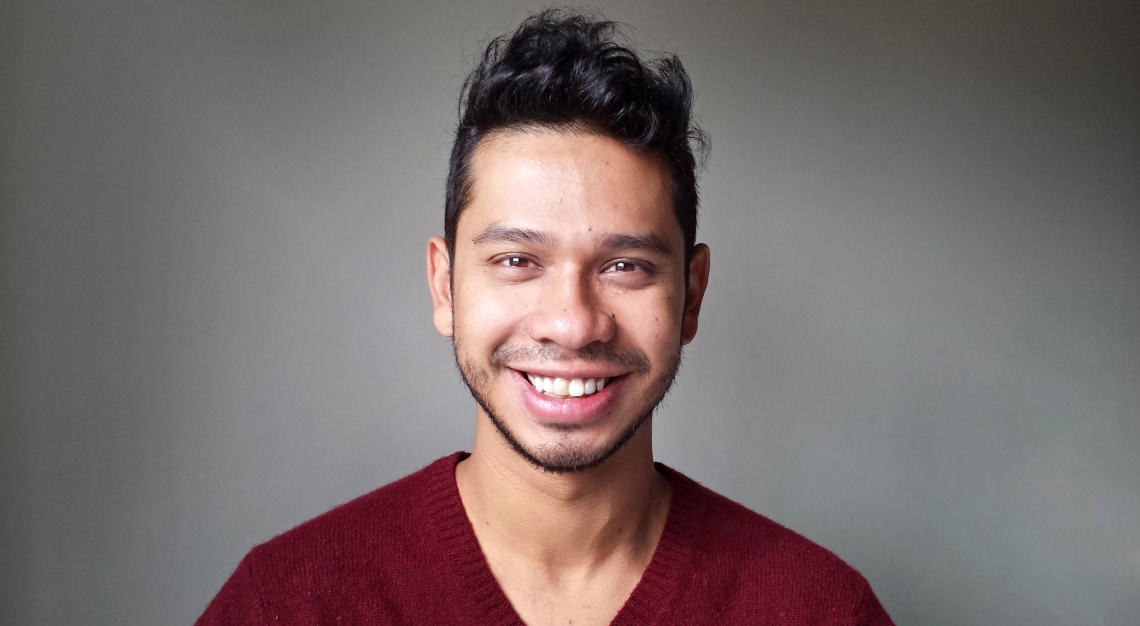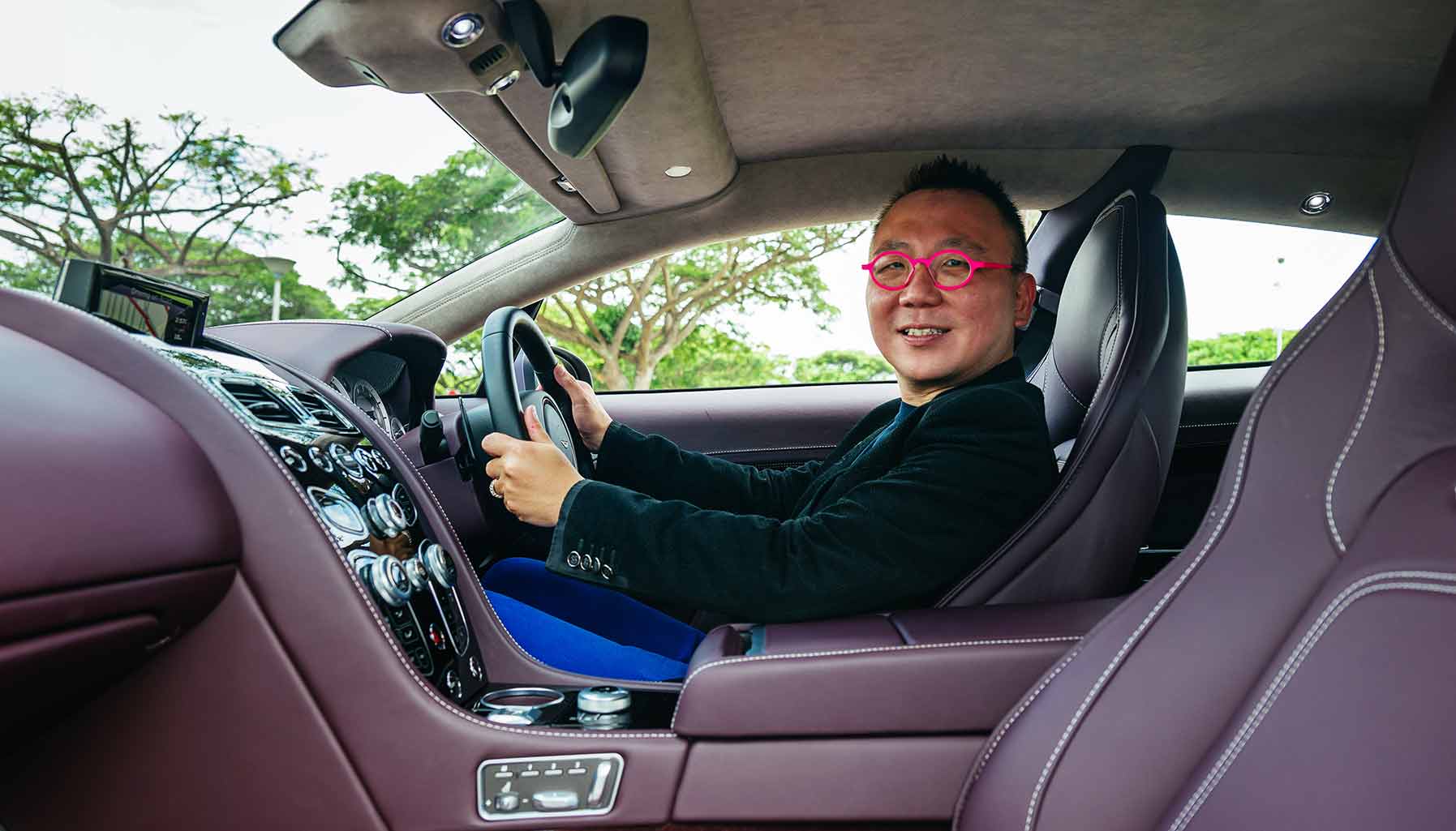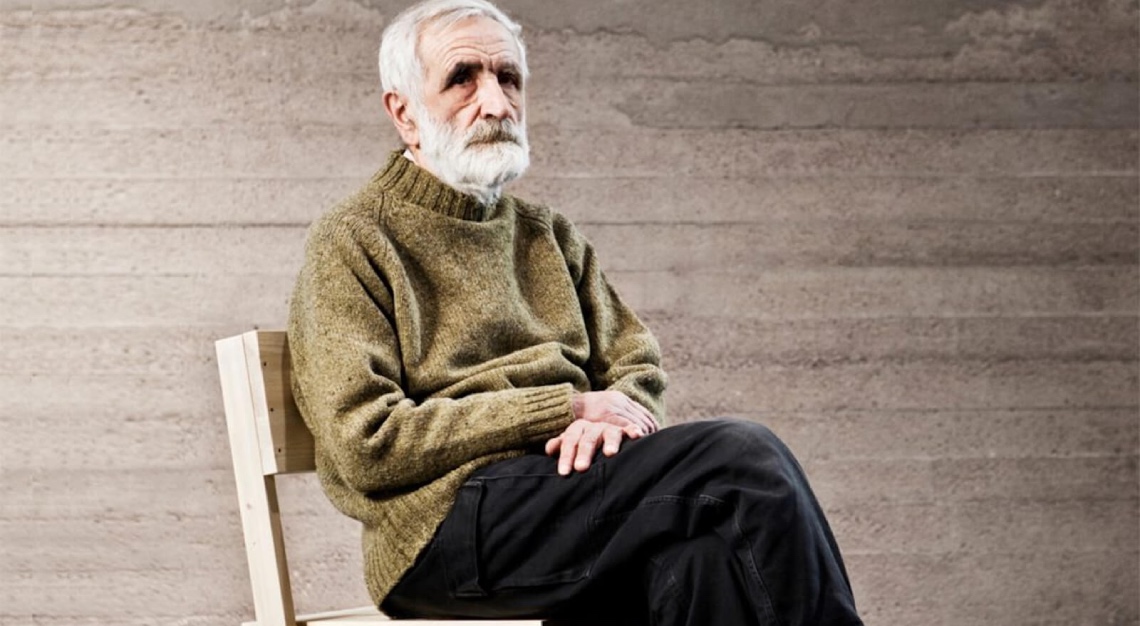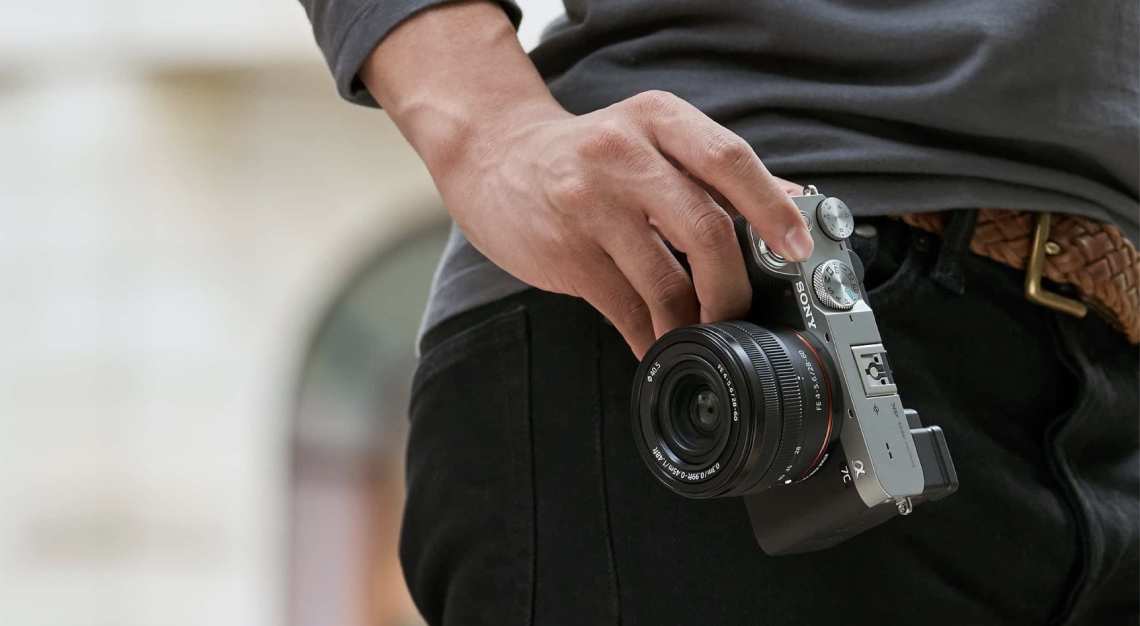In this five-part series, we speak with Singaporean photographers about everything they know about optimism, in hope their message of positivity can shine through
Joseph Nair, a 34-year-old photographer from Memphis West Pictures, has been in the business for 13 years. He hates packing, loves Mahler’s 5th Symphony and finds peace in this world through books, sleep and nature. Here’s his take on hope.

Rising
Artist’s statement: Smoke wafts through the trees in Singapore’s Bukit Brown Cemetery during Tomb Sweeping Day on 2 April 2020. The smoke from the burning paper money stems from an act of respect and responsibility.
Bukit Brown is one of the oldest remaining cemeteries where the pioneers of early Singapore have been laid to rest. Even in these confusing times, their descendants still come to honour them. After all, these are ancestors who lived their lives so we can stand where we are today. They, too, carried on in difficult times, as we will today.
What does hope mean to you?
Hope is the breath that we need to carry on. We can take a deep breath before the unknown, or quietly, simply just be.
We are living in times of unprecedented change and in these times of uncertainty lies the power to influence the future. If you were given this power, how would you shape the future?
I think the world comes with a lot of conditions and our worth depends on jumping through the hoops set out for us; obstacles that measure our economic value, for example. Today we reckon if our identities and actions are essential. Markers of status and productivity that we thought were quantifiable are not so concrete anymore.
We are at a stage where we are grieving the loss of certainty and [experiencing] the halt of the regular forward motion of our lives. From this sudden fragility, we experience reckoning and anger. This is human but [there’s a chance] we cannot go back to [our old] way of life when all this is over.
What we are missing is this role of the cultural worker in our communities. Healthcare workers are worn thin looking after bodies and social services are stretched. As someone who works with community arts, I see the community artist as the bridge who can engage the people. It’s a role found in most traditional village organisations, but today, the arts has been left to the mercy of the art market. I think we need a return to this role.
I do not know if a post-COVID-19 world will be more insular. Our liberal world order hasn’t been around for long and might not be, so I dare not wave a magic wand. Instead, I hope that by paying more attention to humanity and understanding what makes it tick, we can find a better way of organising our world.

Why should we embrace the unknown?
Because we have a chance to make tomorrow a little bit better than today. Or maybe the day after.
What gives you hope?
Sunlight and water. It might be a job hazard, but observing how light falls gives me a sense of wonder and possibility. Other times, it’s the kindness of people, commitment and good humour.
How do you find peace in this world?
I’m still learning to as I am a compulsive workaholic. I try to get adequate sleep and read a book, exercise or just sit and breathe. Being in nature helps a lot, too.
When was the last time you felt like giving up?
My depressive episodes got really bad last year. It took a lot to admit I couldn’t fix it on my own. I thought just because I have a degree in psychology and counselling, I can surely make this work, but I was wrong. I’ve had chronic depression all my life, and I’ve been pushing through it till things boiled over last year.
I’ve had to learn to reach out and seek support, celebrate small victories like getting up to brush my teeth. It’s been humbling even to get over myself and seek medical attention, and I’d like to think that I’ve committed to being a better human and being kinder to myself and others.
Is your cup half full or half empty?
Half empty. I’d pound on the bar counter and demand to speak with the manager. Nah, not anymore, but I like the stance of inadequacy and the privilege to ask for more out of life. I’m not very good at happiness. I’m not used to it. I’ve come to appreciate this gentle plodding on, but that’s going to change now that everything is grinding to a halt with this pandemic. But that’s okay, I’ll find another path to tread. Or find a machete and make my own.
What’s your life mantra?
That I’m still here. It sounds simple, but it means a lot to me. I had stage four lymphoma the year I turned 30 and had to start chemotherapy right away. It upended a lot of my assumptions about things I care about and, you know, mortality. I’m in partial remission at the moment and there’s always a risk of relapse or worse. So there is some existential anxiety, being unable to see my life course through. That said, none of that has happened yet, so I’m still here and that is good. I can do something with today and maybe tomorrow.
Find part one and two of the series here: Russel Wong and Chloe Cheng
This story first appeared in the May 2020 issue, which you may purchase as a hard or digital copy






